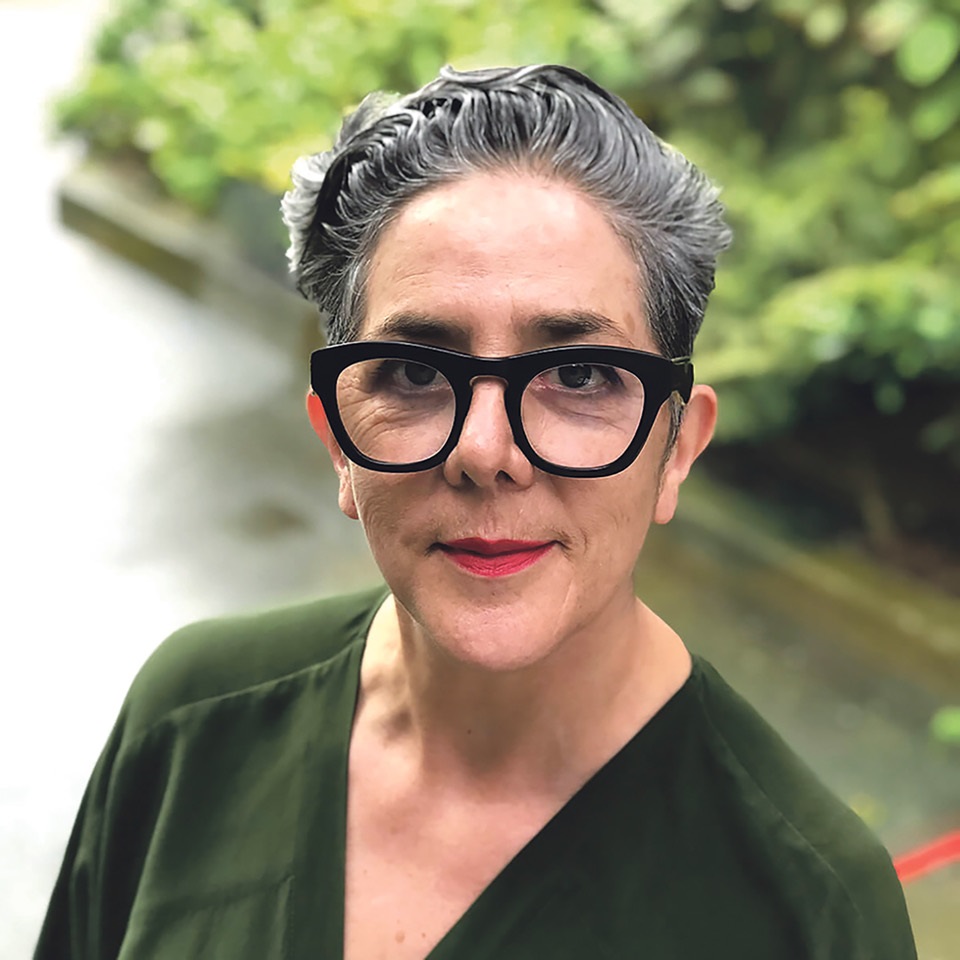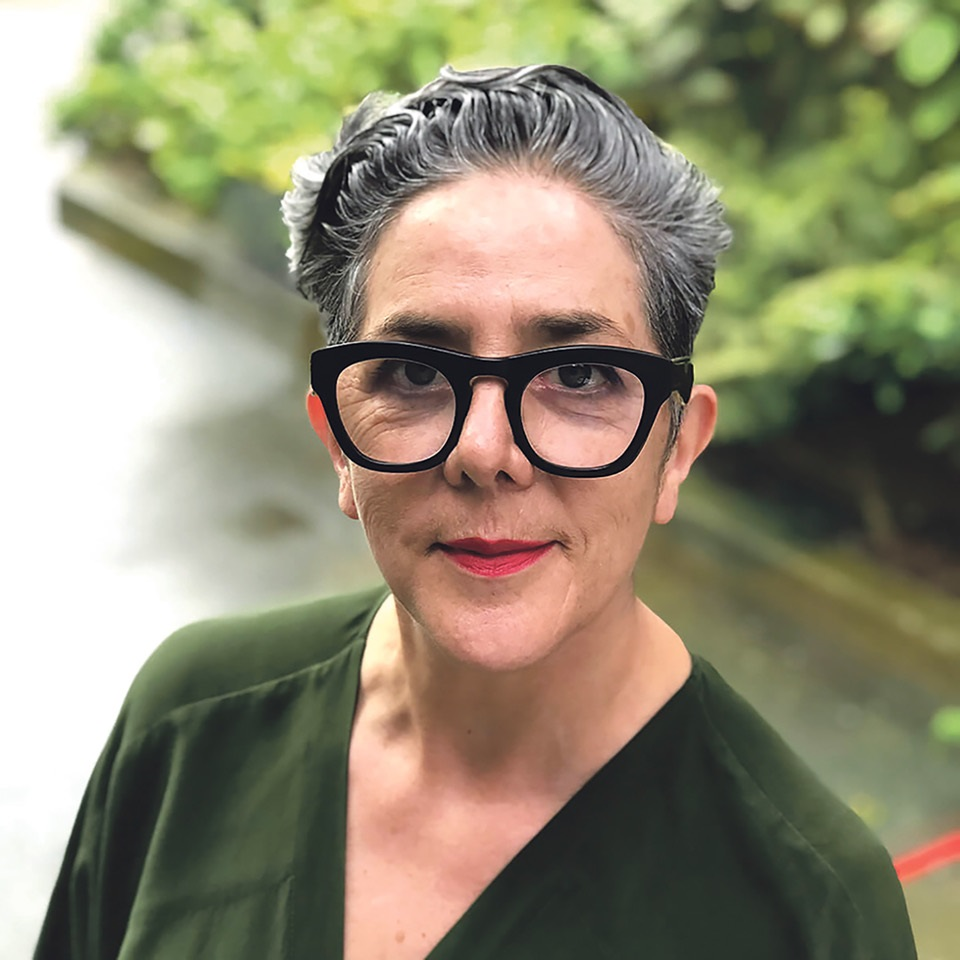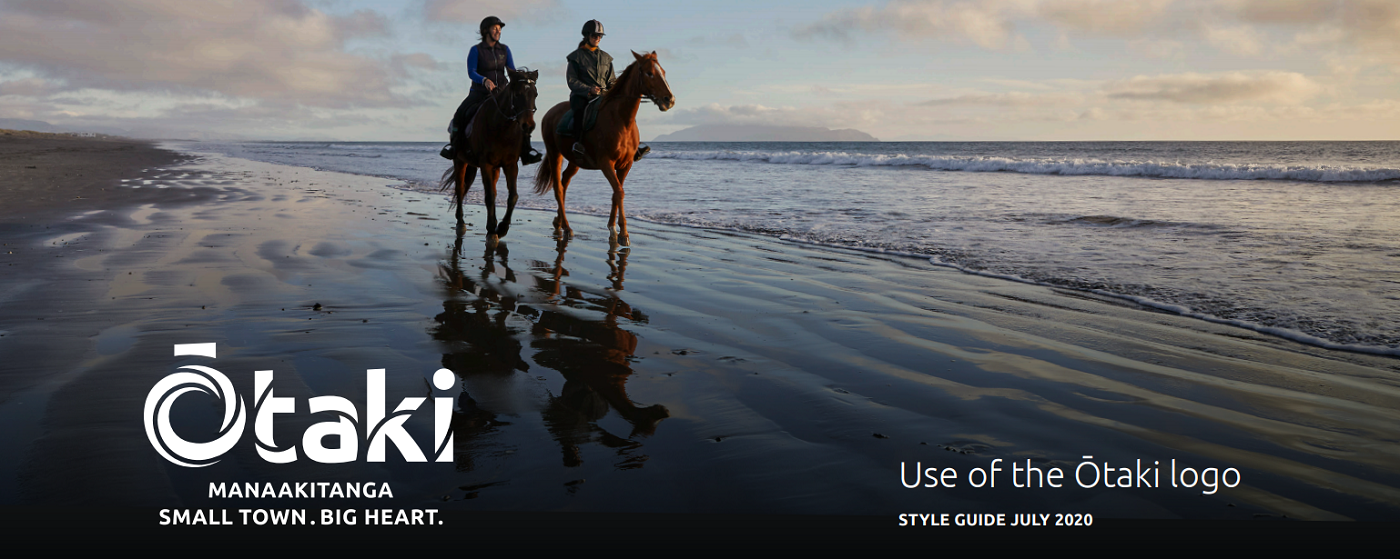
Huhana Smith, MNZN. Photo supplied
Dr Susan Margaret (Huhana) Smith is now a Member of the New Zealand Order of Merit for services to the environment.
Huhana lives on the land of her forebears at Kuku, just north of Ōtaki, where she grows olives with her partner, Richard Anderson. It’s deep within her Ngāti Tukorehe iwi, and to where can she can retreat from the rigours of her academic life.
Huhana (Ngāti Tukore, Te Mateawa, Ngāti Rangitāwhia, Ngāti Kapumanawawhiti ki Kuku) is head of the School of Art at Massey University. She leads the largest Māori-led research project into climate change, with local iwi and hapū. She has helped to create innovative approaches and outcomes, across several disciplines, with mātauranga Māori, sciences and communities.
Through the School of Art, she has been addressing climate change concerns for coastal land within the Horowhenua and Kāpiti districts.
Her team works with Māori land and farm-owners, using their ancestral knowledge and whakapapa to encourage a better understanding of climate change.
She was part of the Deep South Challenge Vision Mātauranga science programme, which included seven science projects looking at how climate change would affect Māori primary industries, tourism and taonga. As a result, several projects were created using detailed imagery in maps, large-scale aerial photography and images from drone cameras, with several exhibitions showcasing how the coastal areas will be affected.
Huhana is co-chair of Horizons Climate Action, comprising seven mayors from the region and tangata whenua members. The group is tasked with addressing the impact of climate change in Manawatū and the surrounding areas.
Huhana’s whakapapa not only links her directly to Ngāti Tukorehe, but also to the old dairy factory that’s been a prominent feature at Kuku for more than 100 years. The building, now used for commercial storage, is visible from her home just behind it. It was from 1913, a Māori-led enterprise with her whānau participation.
Although born and raised in Australia, Huhana knows the local history well. She can look across her olive groves to where her grandparents lived in an old cottage in 1929, and where her mother was born.
Her Waikōkopu Olives brand comes from the name of the stream that flows alongside the grove.
“Our label design reflects a holistic ‘mountains to sea’ perspective,” she says. “We draw upon local Māori knowledge of place to ensure that we create a healthy economic, cultural, social and environmentally sustainable turangawaewae [place to stand] for future generations.”
She says Ngāti Tukorehe has a long history of feeding people.
“Back in the 1830s, around the coastal Ōhau River area, our people raised pigs, grew gardens, fruit orchards and grain crops to support traders, whalers and the growing city of Wellington.
“On this ancestral legacy, our hapū shareholders developed our hinterland farm from 1972-74, which continues today.”
LATEST POSTS
- Peter Lynn Kites feature of festival magic
- RSA positive as it focuses on the future
- Sir Chris, first Ōtaki knight
- More works in downtown Ōtaki
- Concerts line up for rotunda
- No respite for ‘cone town’
- Trout spawn in Winstone Lakes
- Rāhui Rd next in line for road works
- ‘Monkey’ back to old tricks
- Ōtaki dominates awards night
- Sam risks all for Gaza
- Heniti ‘proud to call Ōtaki home’
- Infrastructure works keep rolling on
- An ONZM for arts, sport, heritage
- Trappers aim for predator free Te Horo
- Te Horo hall wants land for car park
- Beach burglars pinch trailer and tools
- Toilet vandalism ‘tragic, sad’
- Fifty years for Ōtaki fire chief
- Idiots in cars’ block highway


